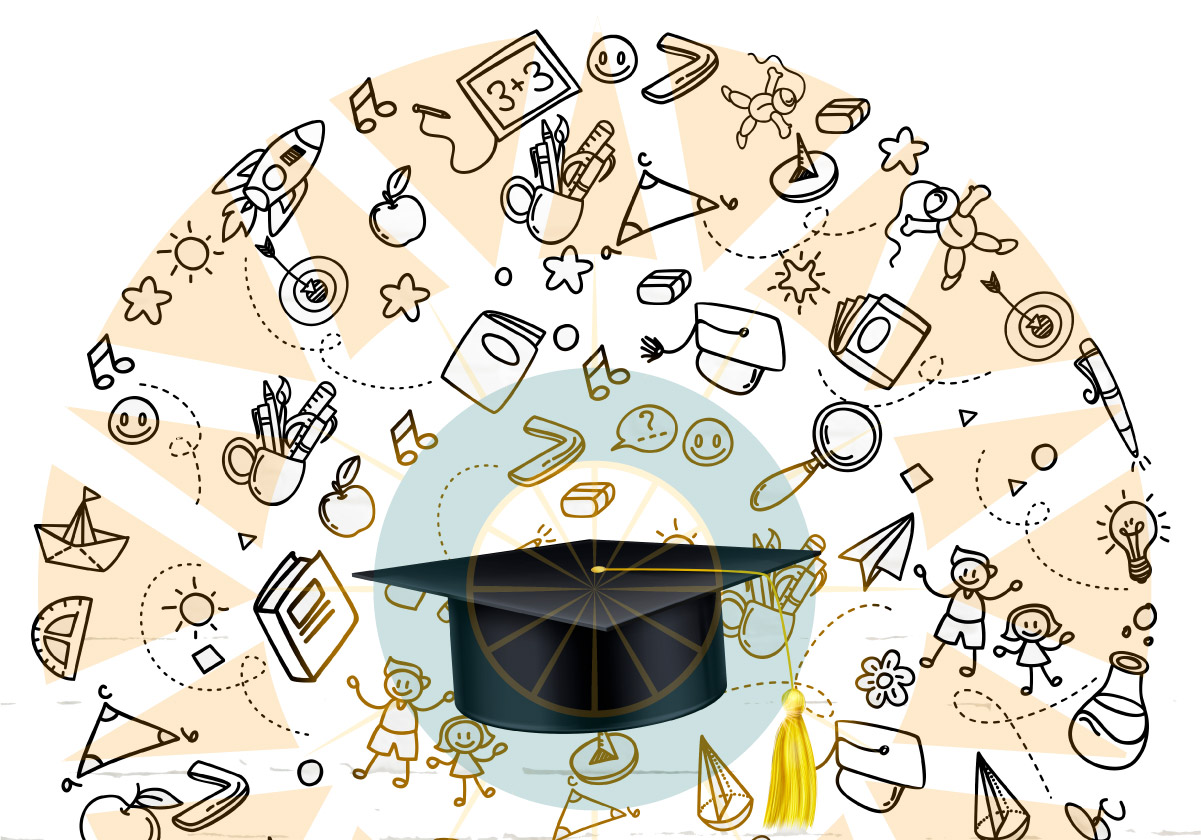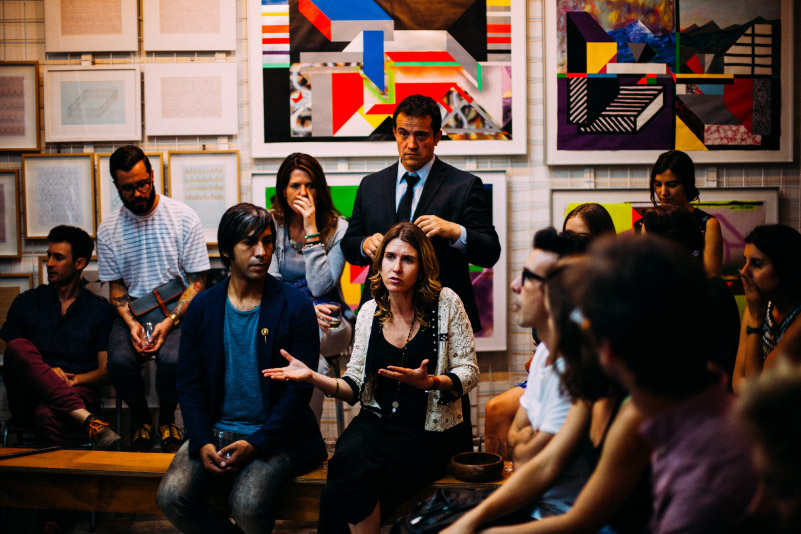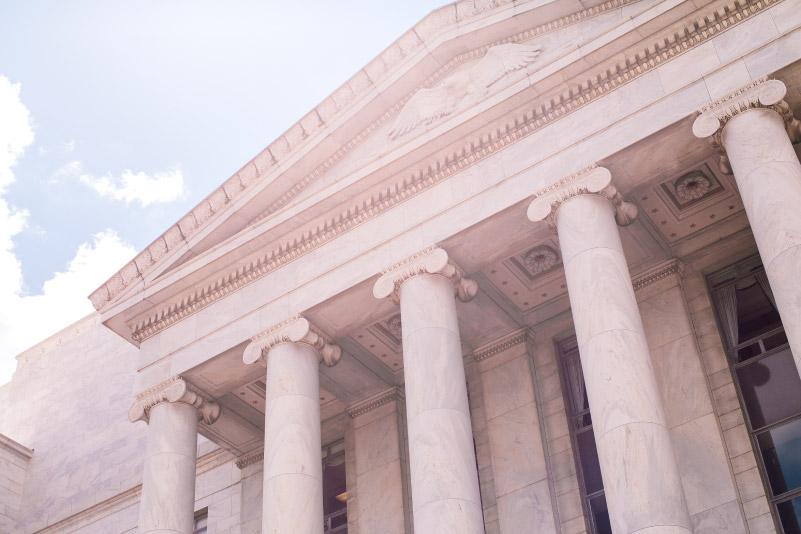Education is unequivocally important for the development of any society, from our nascence to our demise. Ever since I was a kid, I was taught about the importance of education and how it is a fundamental building block for having a successful life. However, many kids have been denied this basic human right because of various barriers to education, whether it be location or socioeconomics. This is why I founded the Sunbeams Project: to help children receive quality education that focuses on real world concepts.

The Problem
Pakistan is already seen as a developing nation and not a preeminent frontier of South Asia. However, this is only the tip of the iceberg. The political system has run awry, and as a result tensions and instability in the country has exacerbated. As a result, this affects an already flawed educational system. Because there is a general lack of funding for public education, many children are left with subpar education. To make matters worse, according to the Asian Development Bank, 37.9% of children attend private schools, meaning that more than 60% of children are left to attend subpar public institutions that don’t sufficiently cultivate an interest in learning. As a result, society is concentrated in the hands of the elite. This shouldn’t be a problem. Majority of children should have access to quality education that teaches them about the real world, but herein lies the problem. Instability, coupled with a lack of federal funding and poverty have created a system where impoverished children are put into a perpetuated cycle of low quality education and subsequent poverty.
The Operation

Debate
The single most important skill is arguably the ability to speak effectively to others and to persuade others of your opinion. This is why debate is so important. It builds confidence, enhances one’s ability to speak articulately, and it increases knowledge of the real-world. As a debater, I have firsthand experience of the benefits that come with debate. I used to be much more timid and inept at any presentation. But now, it has effectively become a strength and debate has given me much more confidence than any activity I have done in high school. I plan on first teaching kids about the different kinds of debate, such as Lincoln Douglas or Public Forum. However, there are certain skills that are integral for each kind of debate, so I plan to make videos for those respective skills as well. By doing this, I aspire to foster meaningful debate skills in children while also stimulating an interest in conversation.
Economics
An extremely important skill for everyday life is economics, whether it be on a micro or macro level. Knowing the economic processes of production, distribution, finance, and consumption of goods and services can help children understand the real world. Learning about concepts such as GDP, GNP, and GNI helps give children an idea of how much money is entering and how much money is leaving a country. For anyone interested in people and business, economics is right up their alley. The best skill here is that an aptitude in economics can help students in Pakistan understand their own situation, and potentially how to fix it.


Politics
Learning about politics and government is the right of every human being. By learning about the political process of your native country and other countries as well, students will be able to understand how politics works. Whether it be elections, runoffs, congressional hearings, or the supreme court, learning about the benefits and drawbacks of different political systems allows children to have an objective blueprint when looking at a country and the way it’s run. In addition, this is extremely important to Pakistan because of the current political problems there. There is a high amount of political instability that has exacerbated as time has progressed. If students learn about this, they can see how a country needs to be run and strengthen their own beliefs in what makes a good political system.
History
Learning context behind different patterns of history is the second most important skill besides debate. Learning about world history broadens perspectives and gives students a glimpse into the past and how society came to be. Whether it is the Mongols, the gunpowder empires, the Europeans scrambling for Africa, or even partition, children can learn about how society came to be. More importantly, learning history can help students see the flaws within history, such as the world wars, racism, and imperialism. By learning about the flaws and accomplishments society has completed, students can learn about how to not repeat the mistakes of history.


Environmentalism
One of the most pressing issues in modern day society, this is a necessity for students to learn. With the negative rise of greenhouse gasses and climate change, this is a must. Without learning about the problems plaguing the Earth as a whole, there won’t be an Earth to live on. Students will learn about the importance of recycling, throwing trash away, protecting trees and parks, and mitigating pollution.


